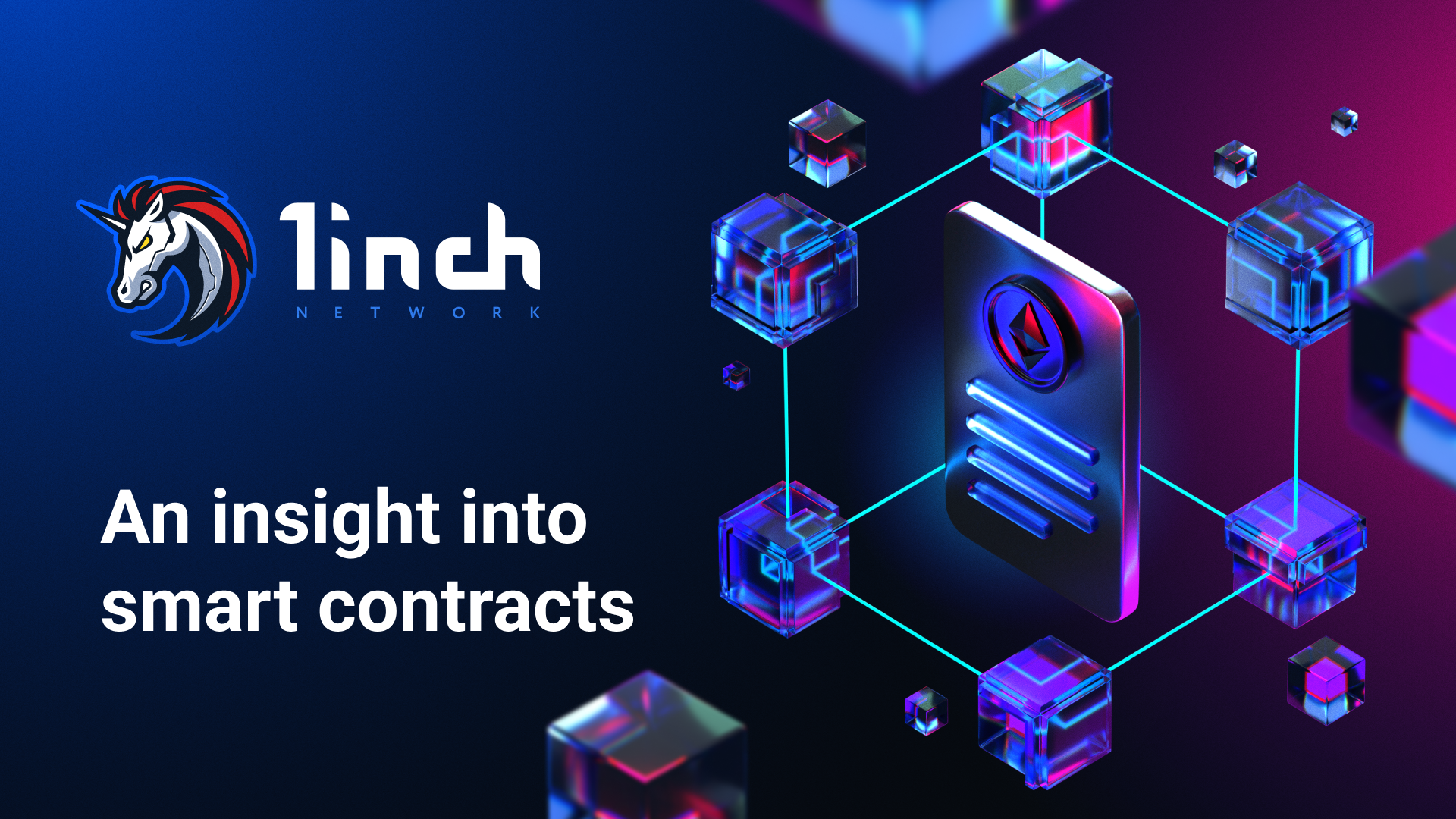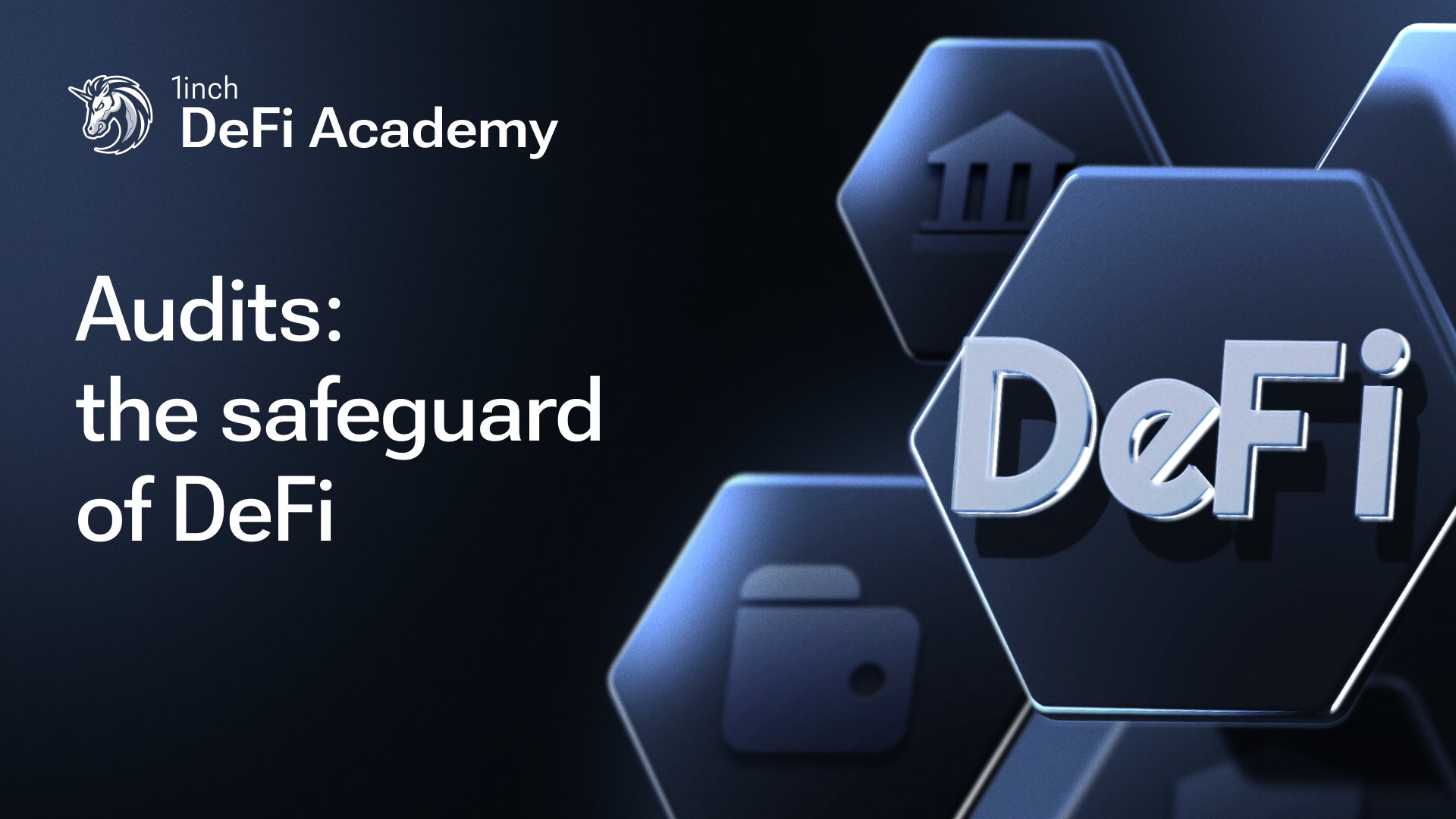What is a smart contract?

Smart contracts automate transactions and agreements, eliminating the need for intermediaries. They empower DeFi services to operate independently, fostering a transparent and efficient financial ecosystem.
Key takeaways:
A smart contract is a computer program that runs on a blockchain and is automatically executed when predetermined conditions are met.
How does a smart contract work?
Once a smart contract has been executed, its results are recorded on a blockchain with no possibility to change or delete the data, which reduces opportunities for fraud and manipulations. A smart contract determines whether the contract terms are met or violated. If some conditions are not fulfilled, it can also impose penalties.
All terms specified in a smart contract are executed in an algorithmic sequence. For example, you want to sell a property and have a potential buyer. So you can specify all the terms in a smart contract. As soon as the other party transfers an established amount of money (performs a transaction), the property documents will be automatically sent to the buyer.
Once one party completes a transaction, it triggers the code to automatically perform another operation. If no transaction is completed, then the code does nothing. Smart contracts autonomously control all transactions and agreements without human involvement.
The main features of smart contracts:
- Smart contracts are protected from hacking by cryptography.
- There is no intermediary involved in a smart contract, eliminating extra fees and time loss.
- A smart contract is more transparent than a traditional contract: its execution can be monitored on the blockchain.
- The fact that a smart contract cannot be canceled or altered makes it stricter than a paper contract with its force majeure and other flexible conditions. Plus, the likelihood of fraud and non-performance is reduced.
- A smart contract must pass relevant audits to work flawlessly and ensure reliability.
Project developers are building smart contract applications on blockchain platforms. Ethereum was the first blockchain platform to introduce support for smart contracts. This is the reason why many DeFi projects are Ethereum-based.
Programming languages for smart contracts
Solidity was the very first programming language used to develop smart contracts on Ethereum. It is considered easily adoptable by developers since it is based on well-known languages such as JavaScript and Python. Currently, various programming languages can be used to develop smart contracts on blockchain platforms, including Glow, Golang, Rust, LLL, Vyper, Yul and JavaScript.
The main use cases for smart contracts
Smart contracts are capable of performing a huge number of transactions simultaneously. They help to automate the work of projects, companies and decentralized applications (dApps).
Decentralized projects have smart contracts at their core. Thanks to smart contracts, users can interact with DeFi platforms, lend and borrow funds on lending platforms, earn interest and even play games. Since smart contracts can assign ownership, they are also used to issue NFTs. Also, thanks to smart contracts, DAOs, a form of governance for most organizations in DeFi, can operate successfully. In some jurisdictions, smart contracts already have use cases in real estate and the legal industry.




























